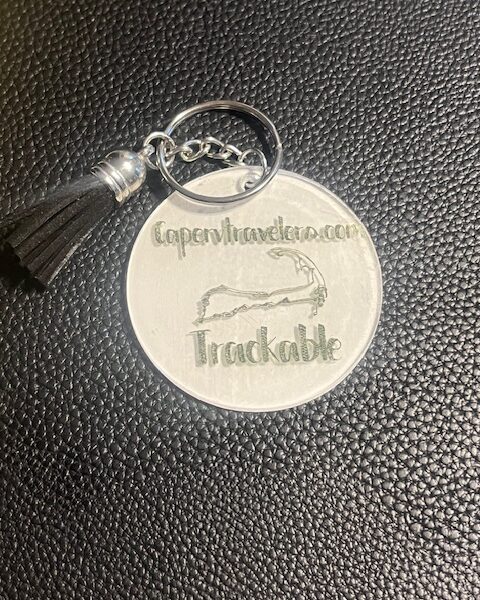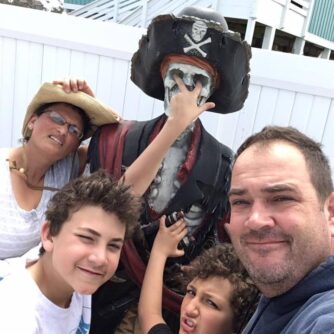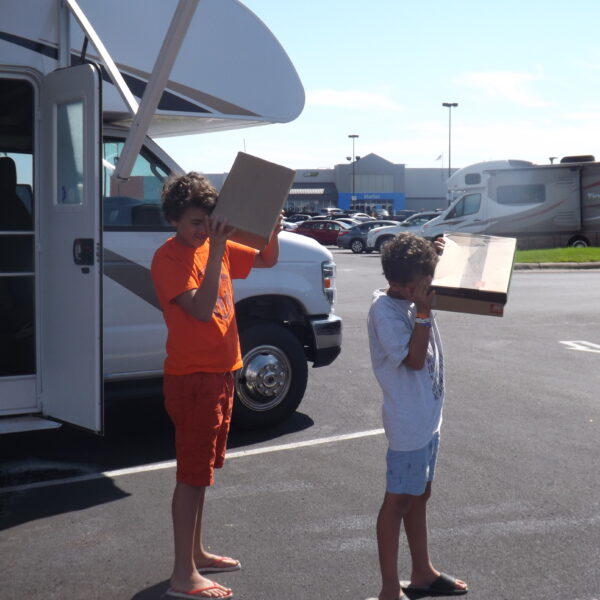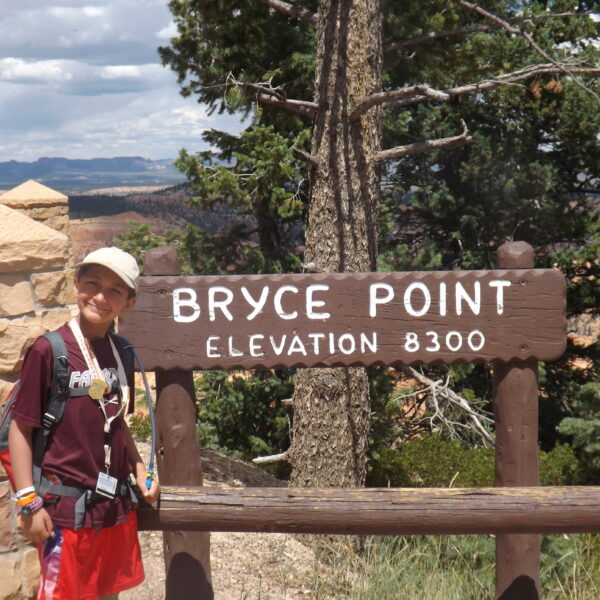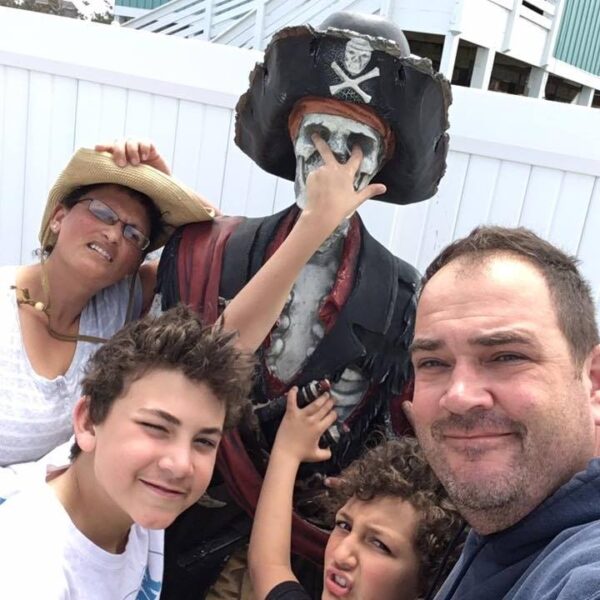When we first entered the RV world we soon realized there was a lot to learn. First, we quickly realized the RV world has its own language. To understand RVing you need to know the RV slang.
In addition, you need to outfit the Rv because surprisingly they don’t come with the needed supplies. We have shared these Rv must-haves on our Must-Have Rv Accessories post.
If you are new to the Rv world you may be surprised to learn it has its own language. In an effort to help new Rv enthusiasts we have put together this Rv Slang Dictionary.
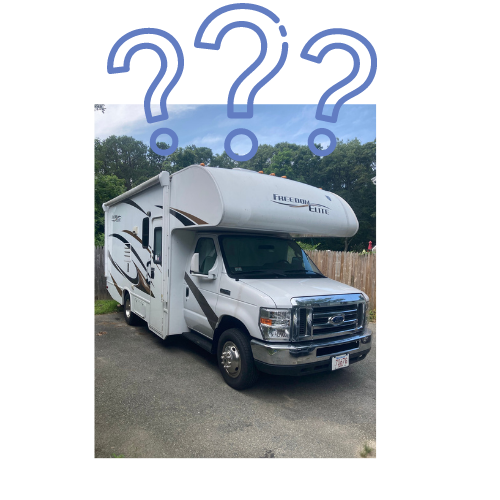
Types of Rv’s
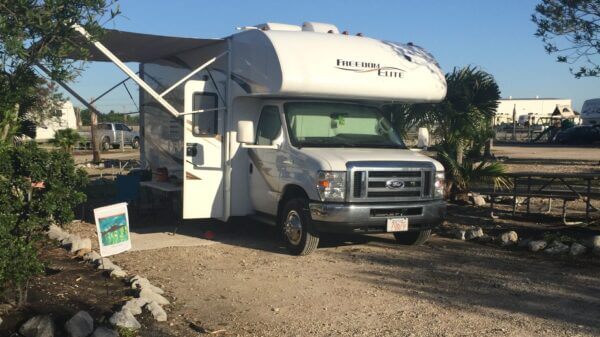
When first entering the world of RVing you quickly learn there are numerous types of RV’s.
It is important if looking to buy, or even rent, an RV that you understand the different types.
Listed below are the most common types of RVs.
Three Main Types
Motorhome: a type of RV that is driven, instead of towed.
Travel Trailer: the opposite of a Motorhome and needs to be towed behind a truck excluding a 5th wheel.
Fifth wheel: a large travel trailer that attaches inside of the truck’s bed. Is easily identified by its “gooseneck” connection.
Additional RV Types
Airstream or “Baked Potato”: an extremely popular type of travel trailer characterized by its shiny aluminum exterior.
Camper: just another name for an RV. Although we have a Class C Camper it is just referred to as “The Camper”
Class A Motorhome: the largest type of motorhome. It is similar to a bus converted to live in.
Class B Motorhome: the smallest of the three types of motorhomes. Often referred to as camping vans.
Class C Motorhome: a medium-sized type of motorhome with a bed over the cockpit built onto a truck chassis.
Diesel Puller: refers to a type of diesel motorhome that places the engine in the front of the RV.
Diesel Pusher: refers to a type of diesel motorhome that places the engine in the back of the RV.
Different RV Camping Styles
In the RV world, there are numerous ways to enjoy your camping experience. Each with its own RV slang term. Below are different ways you can stay in your RV.
Boondocking: camping in the RV without any hookups (water, sewer, or electric). Boondocking requires camping in the wilderness, or just away from civilization. Otherwise, you are just Dry camping.
Dry camping: camping in the RV without any hookups. This could be at a, a state park, a national park, a parking lot, or a driveway (yours or someone else’s).
Full hookups: camping at an RV park or campground with hookups to freshwater, electricity, and sewer. This is our preferred method of camping!
Partial Hookups: camping with some hookups. Usually electric and water or electric only.
Wallydocking: refers to dry camping in a Walmart parking lot. Many Walmarts allow RVs to park overnight, and many people traveling take advantage of this for one-night stopovers. We have also done this at truck stops, and rest areas.
Workamping: a type of exchange where RVers receive a place to park (often with utilities) in exchange for completing tasks at the campground. A small amount of pay may also be included.
Types of RVers
Now you know the different types of RVs. and the different ways to enjoy them. Next, it is important to figure out what type of RV camper you are going to be. There are more types than just driving to the campground and spending a weekend there.
You can run into any of these types of RVers at the campground at any given time. RVers often refer to themselves as the type of RVer they are. Below are the different types of RVer to help you better understand those around you.
Full Timer: An RVer who lives in their RV year-round. They may either be stationary or traveling around the country.
Newbie: This one is self-explanatory….a brand new RVer.
Part-timer or Weekend Warrior: An RVer who may travel a few months out of the year but who also owns and lives for some of the years in a sticks-and-bricks home. Weekend warriors enjoy their RV mainly on the weekend while continuing to work and raise a family.
Snowbird: A type of RVer that typically lives in their stationary home during the summer and travels to a warmer location in their RV in the winter.
RV Supplies
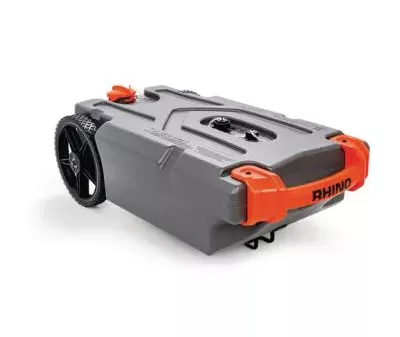
This is where we first become a little overwhelmed. There are so many RV supplies out there it can be difficult at first to understand what is what. Below is a list of what we believe are important RV supplies you should know.
Dogbone: An adapter used to connect a 30amp or 50amp RV to an outdoor residential plug.
Honeywagon: Portable wheeled plastic tote used to transport waste tank sewage from the RV to the dump station
Stinky Slinky: The flexible sewer hose used to dump the RV waste tanks.
Toad: This refers to the vehicle towed by a motorhome. Also known as a dinghy.
Wheel chocks: Blocks used to keep the RV wheels in place and prevent it from rolling when parked.
Parts of an RV
There are many different parts to your RV. Below are the most common parts that you might not know before getting into the RV world.
Basement: The storage cabinet below the body of the RV that is accessed from the outside.
Black Water Tank: Tank that holds your wastewater from the toilet.
Chassis: the frame on which your RV is built. Typically Refers to the engine, transmission, and other major mechanical parts.
City Water Connection: A hose connector on the exterior where the RV is connected to the campgrounds drinking water supply.
Fresh Water Tank: Tank that holds your drinking.
Gray Water Tank: This is where used water from sinks and showers is stored.
Leveling jacks: stabilizing device that extends from the bottom of the RV and keeps the RV level position while parking.
LP: liquid petroleum. Known to RVers simply as propane. LP typically powers the RVs fridge, stovetop, oven, and heater.
Slideout: An area that expands to create more living space. Most commonly found in the living room and/or bedrooms
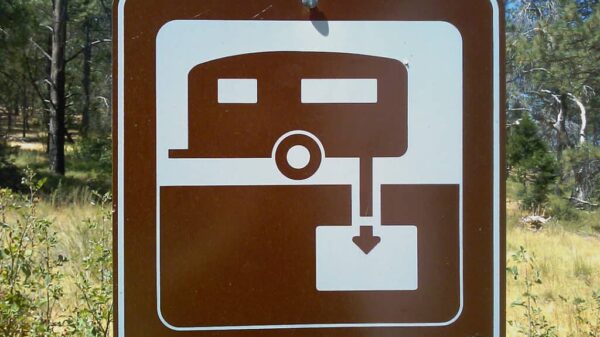
Common Miscellaneous RV Slang Terms
Black Water: Dirty water from the RV’s toilet.
Chocks: Devices that prevent wheels from rolling when parked
Dump Station – An area often away from the campsite where you can empty your black and grey tanks.
Glamping: Short glamorous camping often referring to those who camp in an RV. Often refers to camping with all the amenities of home.
Pull-Through Site – A campsite with easy access that will allow you to pull in and leave without ever having to back up.
Shore power: Electricity provided to your RV from an outside electric source.
Sticks N Bricks – What RVers call a regular type of house that is left behind for camping.
We love to hear from our followers. Please leave a comment below.
Do you know any other additional RV Slang terms? If so let us know we will be happy to add them to the list!

